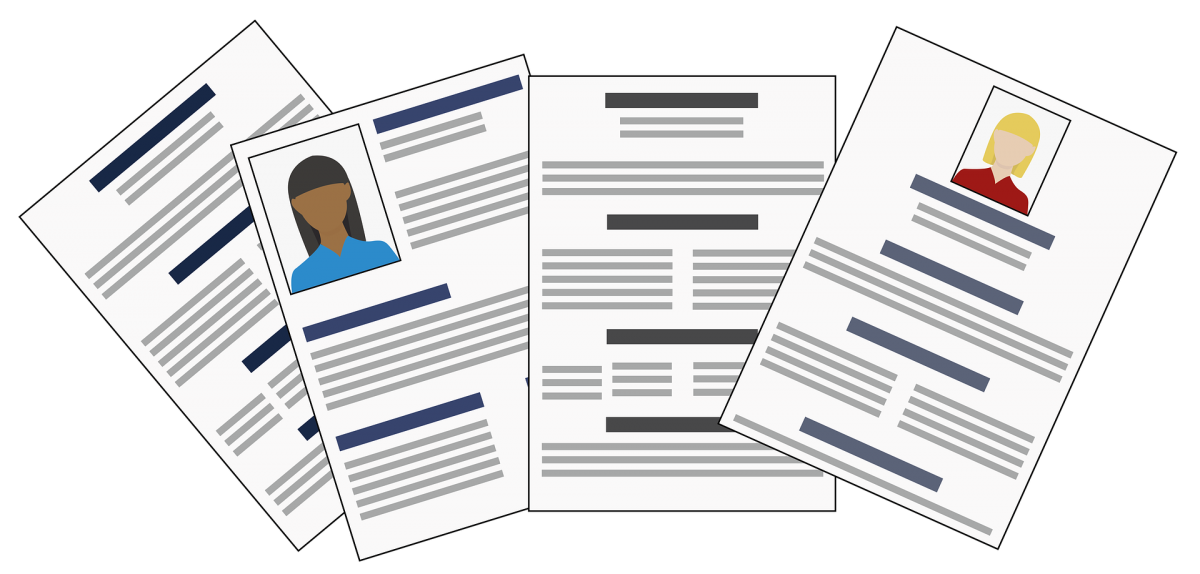When reading a Business Analyst CV, employers are looking for key skills that will be transferable to the role you are applying for. Alongside this they also want to get a feel for your character and how well you are likely to work with their existing team.

Profile Summary
A Business Analyst CV should begin with a profile summary. This should include a brief introduction to yourself, your characteristics and aims, but keep a focus on the role you are applying for. The profile summary should be relatively short - usually around 4 to 6 lines. The aim of the profile summary is to give the employer a flavour of your character.
Education
When listing your education you should only list your most important qualifications. The correct way to list your qualifications is to start with the most recent. It is important to make sure you include all the relevant information (where you studied, course title, dates and result). Industry relevant qualifications are a great addition to a Business Analyst CV, so make sure that these are prominent and don’t be afraid about going in to detail if necessary i.e. mentioning particularly relevant modules etc.
However long it has been since school, employers will still expect to see some academic qualifications as well so include degrees, A-levels or GCSE’s if you have them. Remember to keep this section brief though if applying for more senior Business Analyst Jobs.
Experience
Experience is usually listed in reverse chronological order starting with your most recent or current employer. There is no obligation to enter exact start and finish dates – so if you can’t remember enter months or even just the years that you held that job for.
You should try to make the most recent or particularly relevant roles most prominent, however, you should try to include all positions you have previously held.
When describing your responsibilities under each job title, try to think about the skills that will be key in the role you are applying for and take them into consideration when writing about the tasks you undertook. Starting each description with your strongest/most relevant skill and then working backwards means the employer can get to the most important information quickly when reading your Business Analyst CV.
Hobbies and Interests
This is another short section (2-3 lines) about what you like to do outside of work. It is included on a CV in order to give the employer a better idea of your character and your likely fit within the team and organisation you are applying to.
Additional information
A section designed to allow you to include any further information, such as if you hold a driving licence etc.
Referees
Referees are an important part of the recruitment process. It is understood however that established professionals can sometimes have reason to withhold referees details until after the interview. This is perfectly acceptable so if you need to simply add “referees available on request” to this section.
If however you have no reason to withhold your referees at this stage it is recommended to put the name and contact details (including postcode) of your referees on your CV.
Other things to consider when writing a Business Analyst CV
- Your CV is a short introduction to you that an employer is likely to skim read initially. As a result, it is vital to make sure it is eye-catching and professional-looking – first impressions count!
- Photos are not necessary on CV’s.
- Repetition is boring! Employers want to get as full a picture of you as possible so instead of repeating your strength in one area – tell the employer about all the different things you’re good at.
- Your CV should be 2 A4 pages at maximum. Employers receive a large number of CVs for every position and simply don’t have time to read each CV in-depth.